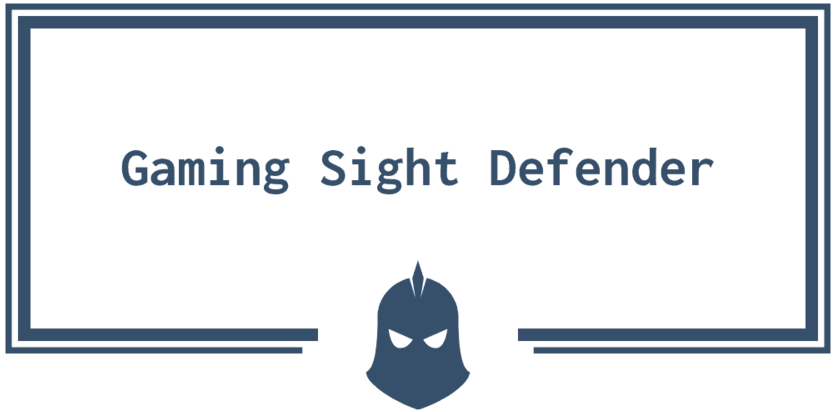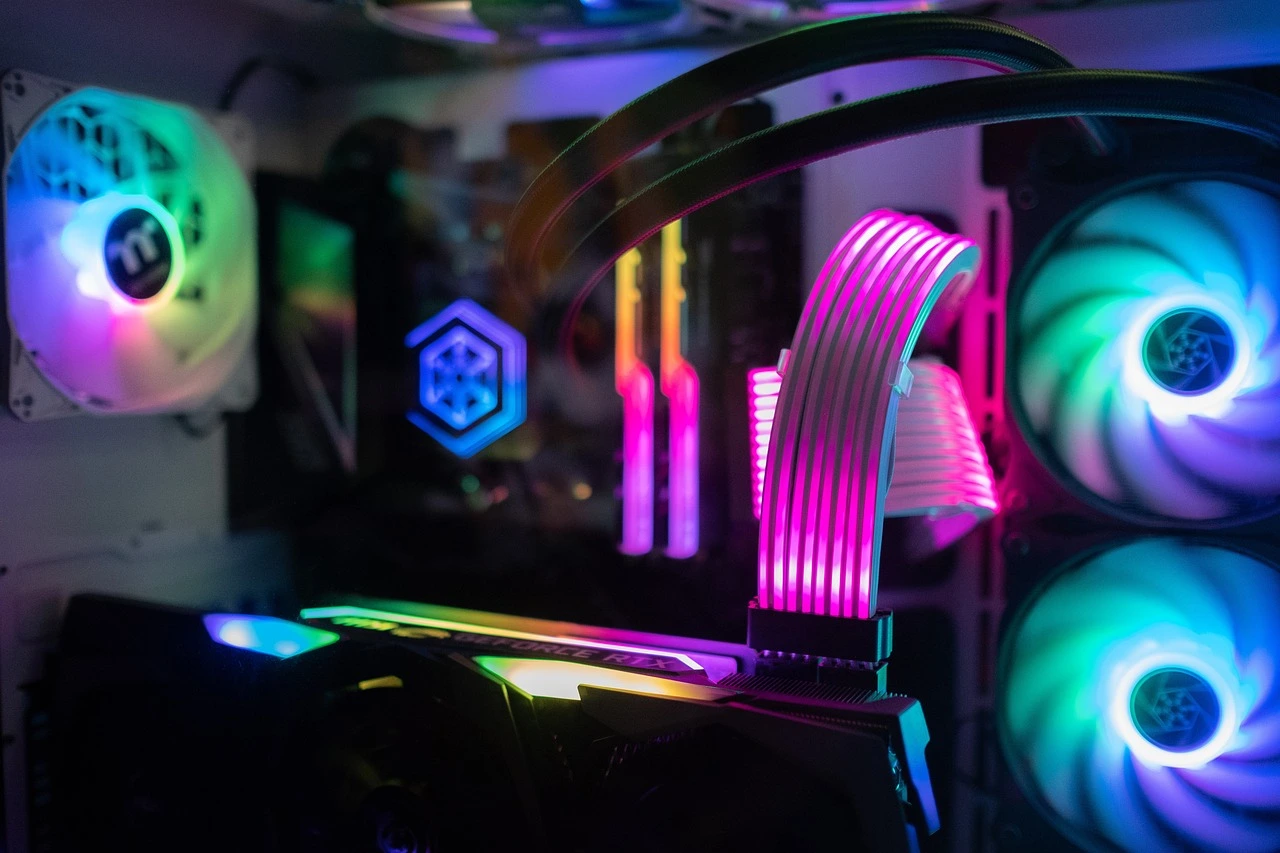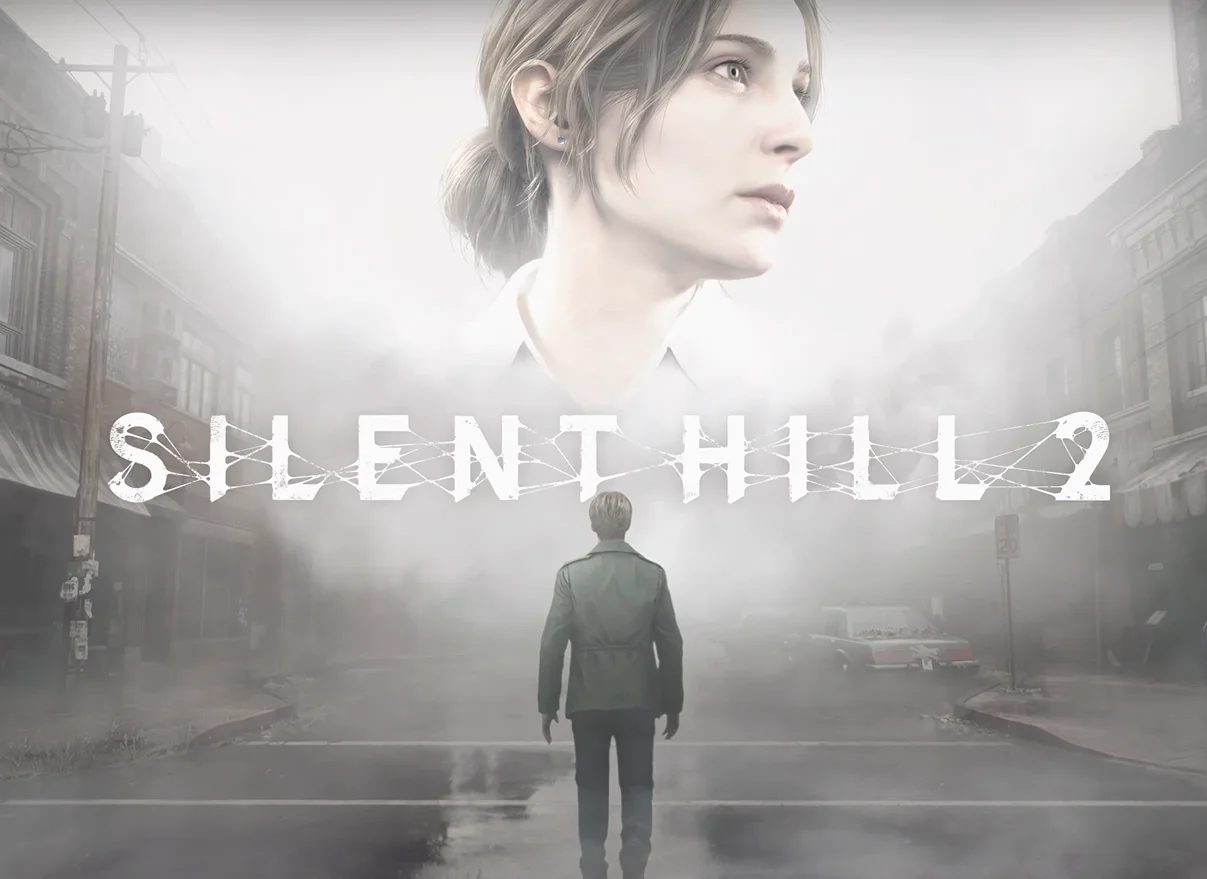Are you feeling exhausted and unmotivated after hours of online gaming? It might be more than just fatigue from intense gameplay. Recognizing the signs of burnout is crucial for maintaining your well-being while indulging in your favourite hobby.
Feeling Drained and Exhausted
You know that feeling when you’ve been online gaming for hours on end, and suddenly, you feel like you’ve hit a wall? That’s your body’s way of telling you it needs a break. If you find yourself constantly feeling drained and exhausted, even after a good night’s sleep, it might be a sign of burnout.
Losing Interest and Motivation
Have you noticed that you’re not as excited to jump into your favourite game anymore? Maybe you used to look forward to gaming sessions, but now, it feels more like a chore than a source of enjoyment. When you start losing interest and motivation in online gaming, it could be a red flag for burnout creeping in.
Irritability and Frustration
Picture this: you’re in the middle of an intense match, and suddenly, you find yourself getting frustrated over the smallest things. Whether it’s a missed shot or a teammate’s mistake, you’re quicker to anger than usual. Irritability and frustration are common signs of burnout, and they can negatively impact your gaming experience.
Difficulty Concentrating and Making Decisions
Ever find yourself zoning out during a game or struggling to make simple decisions? Burnout can affect your ability to concentrate and focus, making it harder to perform well in-game. If you’re experiencing difficulty concentrating and making decisions while gaming, it might be time to take a step back and recharge.
Physical Symptoms
Aside from mental and emotional signs, burnout can also manifest physically. Headaches, muscle tension, and even gastrointestinal issues can all be indicators of burnout. Pay attention to how your body feels while gaming, and don’t ignore any persistent physical symptoms.
Social Withdrawal
Gaming is often a social activity, whether you’re playing with friends online or attending gaming events. However, if you find yourself withdrawing from social interactions related to gaming, it could be a sign of burnout. Isolating yourself from others can exacerbate feelings of loneliness and contribute to burnout.
Changes in Sleep Patterns
Have you noticed changes in your sleep patterns lately? Whether you’re sleeping too much or struggling to get enough rest, disruptions in your sleep can indicate burnout. Poor sleep quality can further impact your mood and energy levels, creating a vicious cycle of exhaustion and frustration.
Learn more about sleep – REM
Loss of Enjoyment in Other Activities
Burnout doesn’t just affect your gaming life; it can spill over into other areas as well. If you find yourself no longer enjoying activities you used to love, it could be a sign that burnout is taking its toll. It’s essential to find a balance between gaming and other hobbies to prevent burnout from consuming your life.
Difficulty Disconnecting from Online Gaming
Do you find it challenging to step away from gaming, even when you know you should take a break? Difficulty disconnecting from gaming can indicate an unhealthy attachment to the virtual world, leading to burnout. Remember to prioritize self-care and set boundaries to prevent gaming from taking over your life.
Seeking Help and Support
If you recognize any of these signs of burnout in yourself, don’t hesitate to seek help and support. Whether it’s talking to friends and family or reaching out to a mental health professional, you don’t have to face burnout alone. Remember that taking care of your well-being is essential, both in and out of the gaming world.
Recognizing the signs of burnout is the first step towards preventing it from negatively impacting your online gaming experience. By listening to your body and mind, setting boundaries, and prioritizing self-care, you can maintain a healthy balance between gaming and well-being.
So, the next time you feel exhausted or unmotivated, take a break, recharge, and come back stronger than ever. Your gaming journey is yours to enjoy, so make sure to take care of yourself along the way.
Implementing Self-Care Practices
Taking care of yourself is just as important as levelling up in your favourite online game. Here are some simple yet effective self-care practices to ensure you’re at the top of your game, both on and off the screen.
Prioritize Physical Activity
Sitting in front of a screen for hours can take a toll on your body. Incorporating physical activity into your routine can help counteract the effects of prolonged gaming sessions. Whether it’s a quick walk around the block or a full-blown workout, getting your body moving is essential for maintaining your overall health.
Stay Hydrated and Nourished
It’s easy to lose track of time when you’re immersed in the world of online gaming, but don’t forget to take breaks to hydrate and refuel. Drinking plenty of water and eating nutritious snacks can help keep your energy levels up and prevent fatigue. Plus, staying hydrated is crucial for optimal brain function, so keep that water bottle handy during your gaming sessions.
Take Regular Breaks
Just like your in-game character needs to recharge, so do you. Taking regular breaks from gaming can help prevent burnout and keep your mind sharp. Set a timer to remind yourself to step away from the screen every hour or so, stretch your muscles, and give your eyes a rest. Trust us, your body will thank you for it.
Practice Mindfulness and Stress Relief
Gaming can be a great way to unwind and relax, but it’s essential to balance it with activities that promote mindfulness and stress relief. Whether it’s meditation, deep breathing exercises, or simply taking a few moments to appreciate the present moment, incorporating mindfulness practices into your daily routine can help reduce stress and improve your overall well-being.
Connect with Others
Gaming is often a solitary activity, but that doesn’t mean you have to go it alone. Connecting with others, whether it’s through online gaming communities or in-person meetups, can provide a sense of belonging and support. Don’t be afraid to reach out to fellow gamers for advice, encouragement, or just some good old-fashioned fun.
Set Boundaries
It’s easy to get sucked into the endless world of online gaming, but setting boundaries is crucial for maintaining a healthy balance. Decide how much time you want to dedicate to gaming each day and stick to it. Remember, there’s more to life than just levelling up – make time for other hobbies, socializing, and self-care activities.
Practice Good Sleep Hygiene
Getting enough quality sleep is essential for optimal gaming performance and overall well-being. Establishing a consistent sleep schedule, creating a relaxing bedtime routine, and optimizing your sleep environment can all help improve the quality of your sleep. So, power down your devices, dim the lights, and give yourself the rest you deserve.
Seek Support When Needed
If you’re struggling with stress, anxiety, or other mental health concerns related to gaming, don’t hesitate to seek support. Whether it’s talking to a friend, family member, or mental health professional, reaching out for help is a sign of strength, not weakness. Remember, you don’t have to face your challenges alone.
Find Balance
At the end of the day, online gaming is meant to be a fun and enjoyable experience. Finding balance between gaming and other aspects of your life is key to maintaining your well-being. So, don’t forget to take care of yourself, both in and out of the gaming world. You deserve it!
Setting Healthy Boundaries
Playing online games can be addictive, but it’s essential to set boundaries to maintain a healthy balance in your life.
Establishing Online Gaming Limits
Decide how much time you want to spend gaming each day and stick to it. Set a timer or use in-game reminders to help you stay on track. Remember, there’s more to life than just online gaming!
Communicating with Others
Let your friends and family know about your gaming schedule and boundaries. This way, they’ll understand when you need uninterrupted gaming time and when you’re available to socialize or take a break.
Balancing Online Gaming with Responsibilities
Don’t let gaming interfere with your responsibilities, such as work, school, or household chores. Prioritize your obligations and make sure you’re fulfilling them before diving into your favourite online game. It’s all about finding the right balance.
Taking Regular Breaks
Even the most dedicated gamers need to take breaks to rest and recharge. Set aside time for short breaks between gaming sessions to stretch, hydrate, and give your eyes a break from the screen. Your body and mind will thank you for it.
Respecting Others’ Boundaries
Just as you set boundaries for yourself, respect the boundaries of others. If someone asks you to pause your game for a moment or take a break from gaming altogether, be understanding and accommodating. It’s all about mutual respect and consideration.
Avoiding Overcommitment
It’s easy to get swept up in the excitement of online gaming and commit to more than you can handle. Be realistic about your gaming goals and commitments, and don’t overextend yourself. Remember, it’s okay to say no sometimes.
Seeking Support if Needed
If you find it challenging to stick to your boundaries or if gaming starts to negatively impact other areas of your life, don’t hesitate to seek support. Talk to a trusted friend, family member, or mental health professional for guidance and assistance.
Finding Alternative Activities
Expand your horizons beyond online gaming by exploring other hobbies and interests. Whether it’s reading, cooking, or exercising, finding alternative activities can help you maintain a well-rounded and fulfilling life outside of gaming.
Reflecting on Your Priorities
Periodically reassess your gaming habits and boundaries to ensure they align with your priorities and values. Are you spending too much time gaming at the expense of other important aspects of your life? If so, it might be time to adjust your boundaries accordingly.
Enjoying Online Gaming in Moderation
Ultimately, online gaming should be a source of enjoyment and relaxation, not a source of stress or conflict. By setting healthy boundaries and finding balance in your gaming habits, you can continue to enjoy the world of online gaming while maintaining a fulfilling and well-rounded life. So, game on, but remember to keep those boundaries in check!
Seeking Professional Help When Needed
Playing online games should be fun, but if you’re struggling, it’s okay to seek professional help.
Recognizing Signs of Trouble
If gaming starts to interfere with your daily life, such as neglecting responsibilities or relationships, it might be time to seek help. Pay attention to signs of addiction or mental health issues related to gaming.
Talking to a Therapist
Therapists are trained to help individuals navigate challenges related to gaming addiction, stress, anxiety, and other mental health concerns. They can provide support, guidance, and strategies to help you manage your gaming habits in a healthy way.
Joining Support Groups
Support groups, whether online or in-person, can provide a sense of community and understanding for individuals struggling with gaming addiction or related issues. Connecting with others who share similar experiences can be comforting and empowering.
Understanding Gaming Disorder
Gaming disorder is a recognized mental health condition characterized by excessive and compulsive gaming behaviour that leads to significant impairment or distress. If you believe you may have gaming disorder, seeking professional help is essential for proper diagnosis and treatment.
Being Open to Help
It’s normal to feel hesitant or embarrassed about seeking professional help for gaming-related issues, but remember that you’re not alone. Therapists and support groups are there to support you without judgment and help you overcome any challenges you may be facing.
Creating a Treatment Plan
Once you’ve reached out for help, your therapist will work with you to create a personalized treatment plan tailored to your specific needs and goals. This may include therapy sessions, behavior modification techniques, and coping strategies to help you manage your gaming habits and improve your overall well-being.
Incorporating Self-Care
Self-care is an essential component of any treatment plan, especially when it comes to managing gaming addiction or related issues. Finding healthy ways to cope with stress, practicing mindfulness, and prioritizing your well-being can all contribute to your recovery journey.
Building a Support System
Recovery from gaming addiction or related issues can be challenging, but having a strong support system in place can make all the difference. Lean on friends, family members, and support groups for encouragement, understanding, and accountability as you work towards your goals.
Setting Realistic Expectations
Recovery is a journey, and it’s essential to set realistic expectations for yourself along the way. Progress may not happen overnight, but with time, patience, and perseverance, you can overcome gaming addiction and live a fulfilling life beyond the screen.
Celebrating Milestones
As you progress in your recovery journey, take time to celebrate your achievements and milestones, no matter how small they may seem. Recognize your hard work and perseverance, and reward yourself for reaching each step closer to your goals.
Seeking professional help for gaming-related issues is a courageous step towards healing and recovery. Remember that you deserve support and assistance in overcoming any challenges you may face. With the right help and resources, you can regain control of your gaming habits and live a balanced and fulfilling life both online and offline.
Other Links




